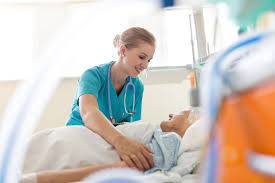
Provids care to patients with life-limiting conditions, and their families. Help to improve the quality of life of their patients, and provide emotional and social support.
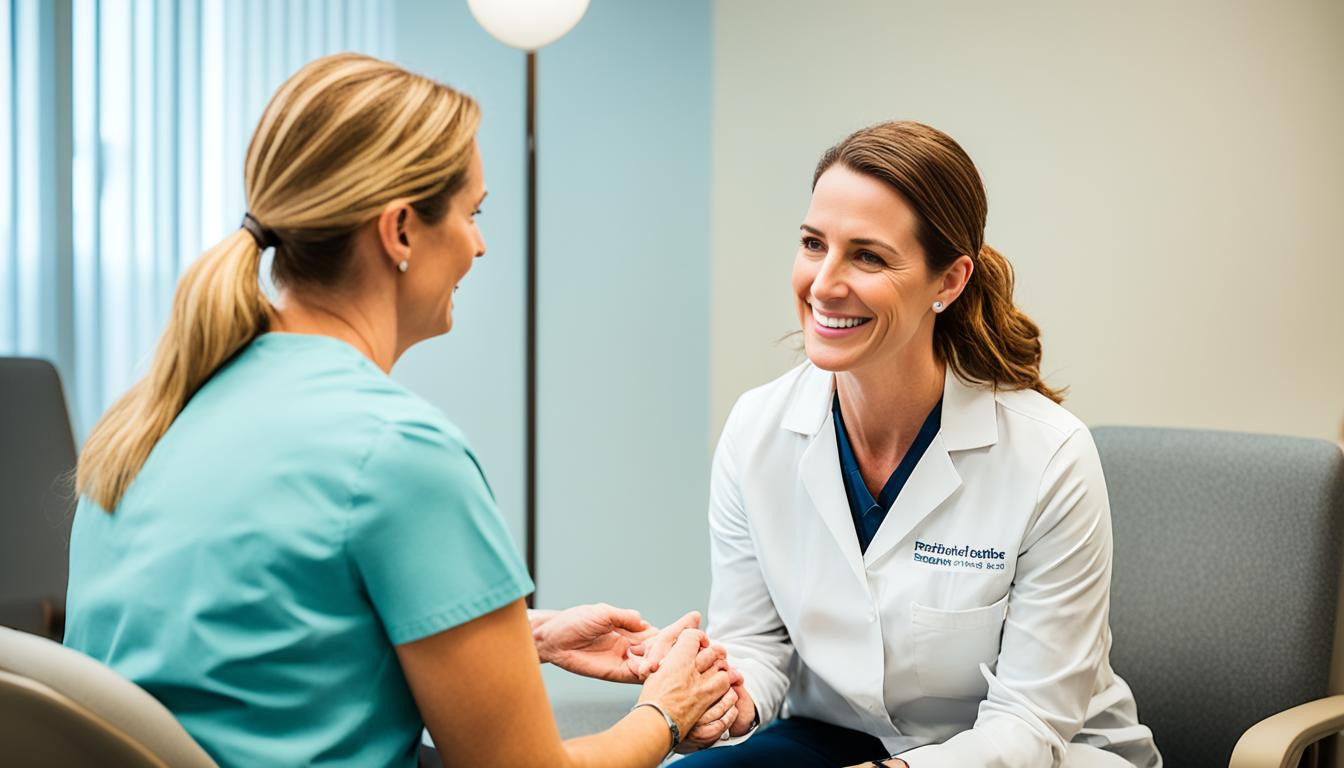
Provide direct patient care, guidance, and positive role modeling. Planning, implementing, evaluating, and monitoring treatment activities and groups. Assisting with medication administration.
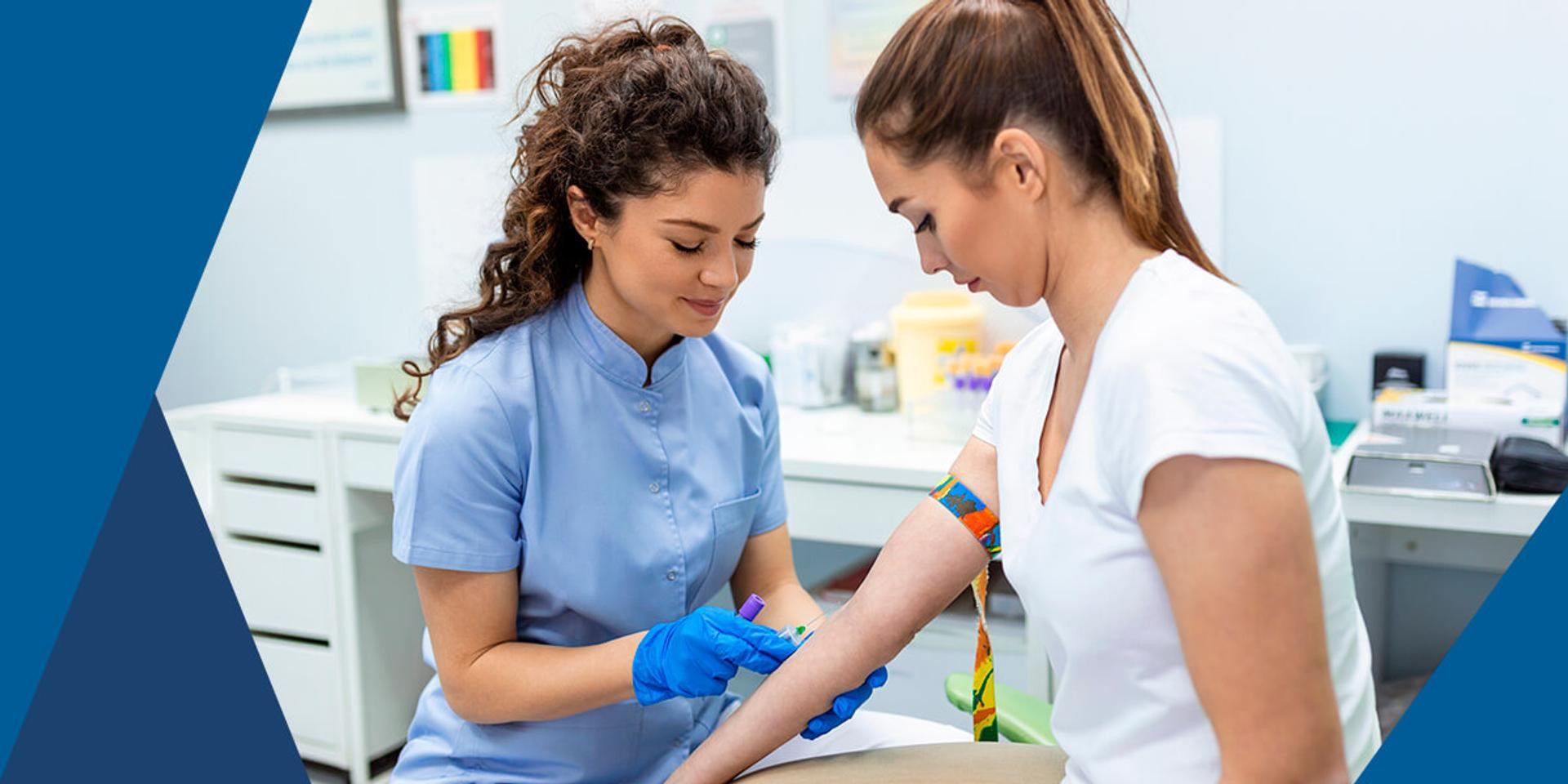
Assist the healthcare team by performing technical medical skills like checking vital signs, recording EKGs and collecting specimens.
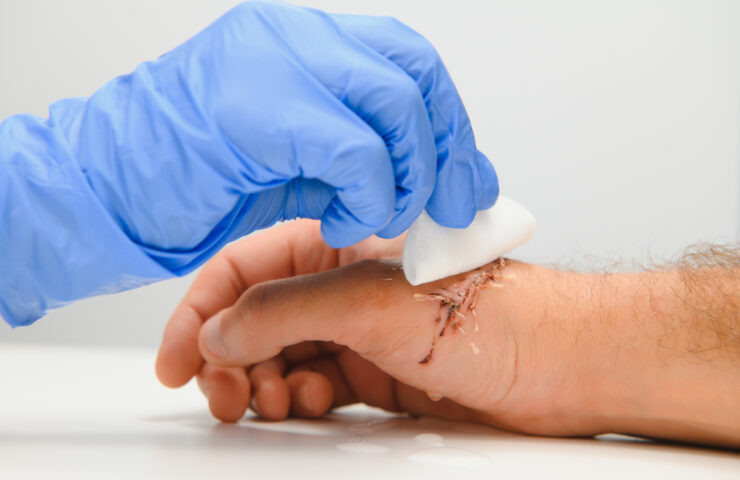
Prevent and control infections in a healthcare setting, and to ensure the safety of patients, staff, and visitors.

Provide support to the healthcare team; physicians, clinicians, healthcare workers, affiliates, and partners by providing continuous troubleshooting and identifying opportunities for clinical information system improvements.
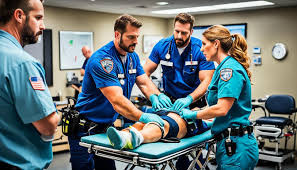
Provide emergency care and transportation for patients. EMTs are a vital part of the emergency medical services (EMS) system .Prepare to work within a multi-discipline healthcare team.

perform a variety of tasks in a medical office, including scheduling appointments, updating patient records, and answering calls. Be an important member of the medical team at hospitals, clinics, and doctor's offices

Work with patients of all ages to monitor and interpret their cardiac health using EKG tests.
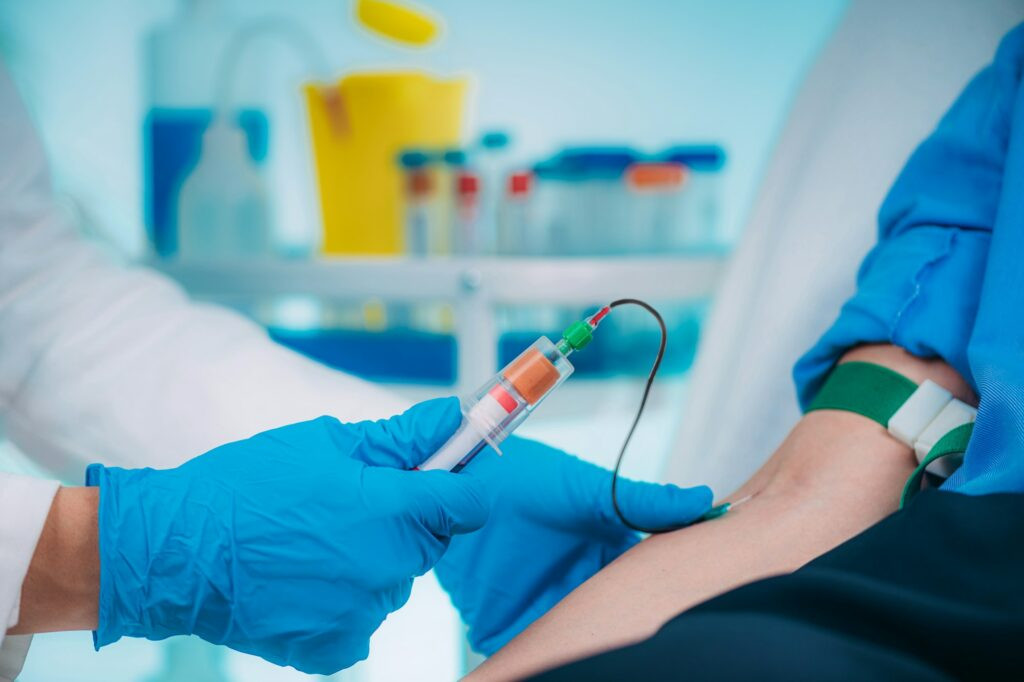
Phlebotomy technicians are important members of the health care team and often need to explain the blood-drawing procedure and put patients at ease.Phlebotomy technicians collect blood from patients and prepare the samples for testing.
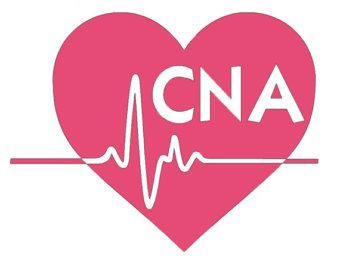
Provides vital support to both patients and nurses. From monitoring vital signs to transporting to daily activities to stocking medical supplies and logging patient information.
